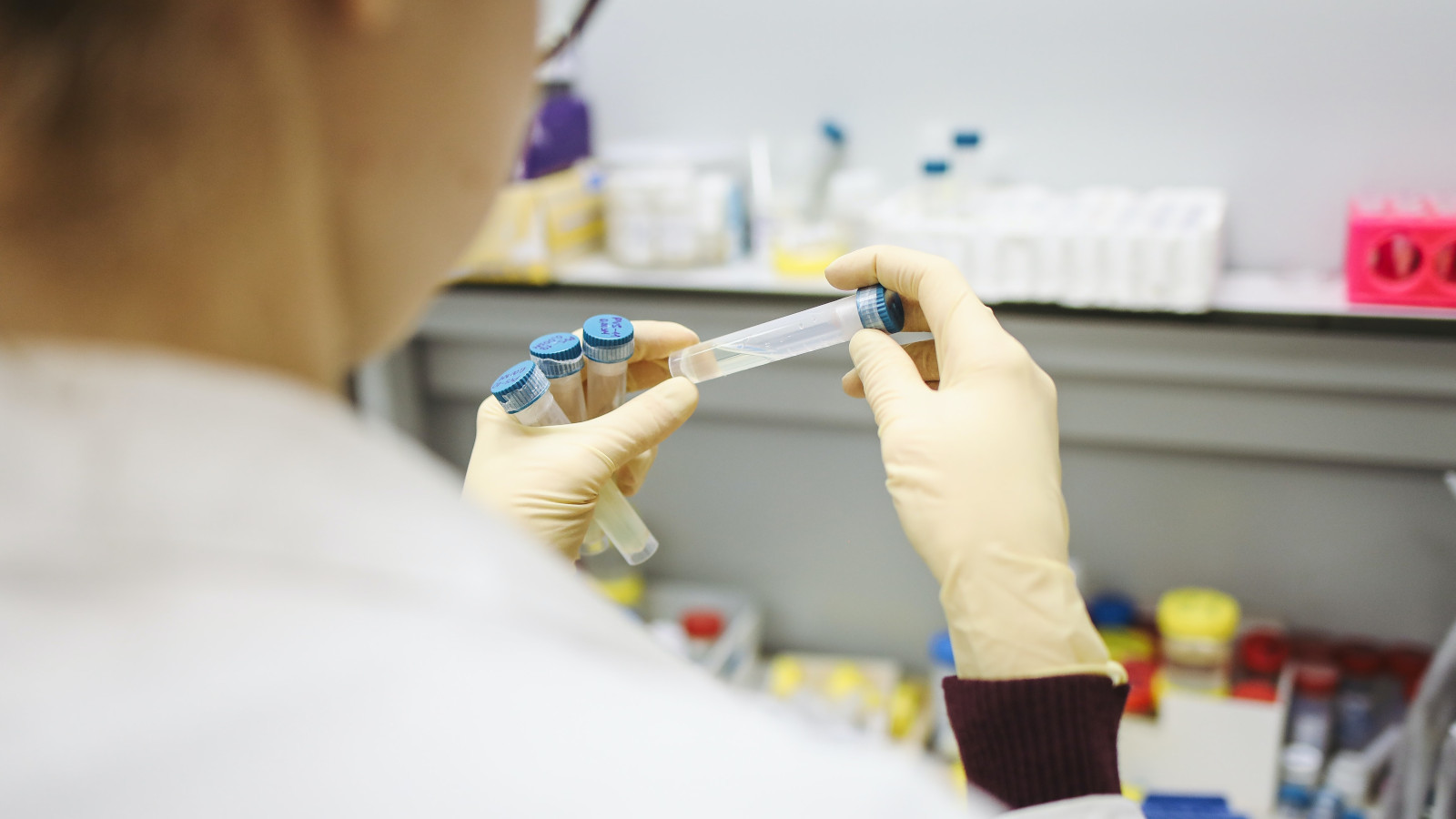Marjan Islam, associate professor of medicine at Montefiore Medical Center in New York's Bronx burrough | einsteinmed.org/
Marjan Islam, associate professor of medicine at Montefiore Medical Center in New York's Bronx burrough | einsteinmed.org/
An associate professor at a medical center in the Bronx and a director at a respiratory institute in Ohio received approximately $30,000 in ultrasonography and COVID-19 research grants.
The funding will support studying treatments for coronavirus patients in intensive care units (ICU).
Grant recipients are Siddharth Dugar, associate staff and director at Point of Care Ultrasound in Cleveland Clinic's Respiratory Institute in Cleveland, Ohio, and Marjan Islam, associate professor of medicine at Montefiore Medical Center in New York, FUJIFILM Sonosite and the CHEST Foundation said in a joint release in February.

FUJIFILM Sonosite is working with other companies to provide funding for COVID-19 ICU treatments.
| Stock Photo
FUJIFILM Sonosite is a point-of-care ultrasound solutions company. The CHEST Foundation is the charitable arm of the American College of Chest Physicians.
In addition to the money, Dugar and Islam will receive FUJIFILM Sonosite's newly launched Sonosite PX ultrasound system studying how well point-of-care ultrasound works in diagnosing and treating COVID-19 patients in ICUs.
"With the number of ICU survivors with COVID-19 increasing, the management of these patients represents a research priority for the critical care community," FUJIFILM Sonosite Senior Vice President and Chief Medical Officer Diku Mandavia said in the release. "We're proud to work with the CHEST Foundation to dive deeper and reinforce how POCUS can help with COVID-19 emergency care."
Islam will study how transcutaneous ultrasonography findings correlate with patient-reported dyspnea and diagnostics such as pulmonary function tests and chest radiography in COVID-19 patients.
"[The] study will also aim to evaluate changes in TUS findings during ICU admission and follow-up," the companies said.
Dugar will try to find out if spontaneous echo contrast is associated with reduced velocity in critically ill COVID-19 patients' venous system to see if it is associated with increased risk of venous thrombosis.
Dugar also will try to "identify if the presence of spontaneous echo contrast is associated with altered fibrinogen and blood viscosity," the news release said.
The clinical research studies began on Jan. 15 and are expected to last a year.






 Alerts Sign-up
Alerts Sign-up